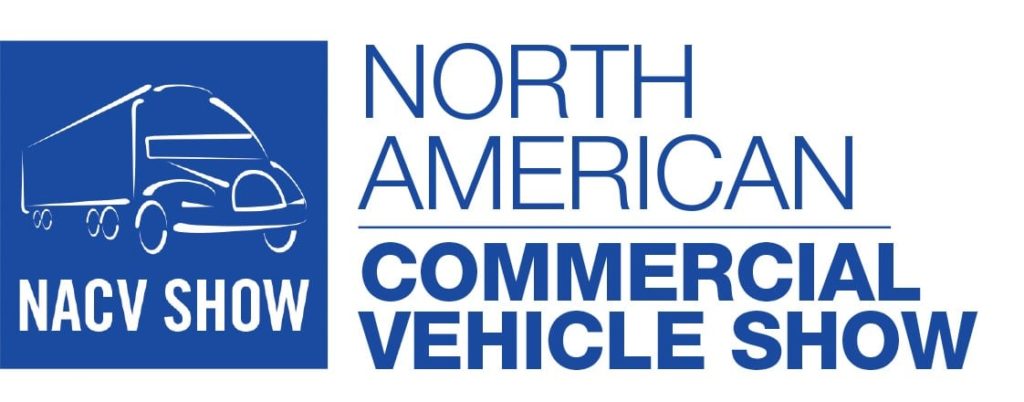FAR EAST: SOUTH KOREA REPORT
About half of those who received South Korean government aid to scrap their old diesel vehicles early have purchased diesel vehicles again, according to a new study. The government spent 845.4 billion won (about 79.6 billion yen) in the last five years (2016-2020) to scrap 959,000 aging diesel vehicles, but the number of all diesel vehicles increased by 9% during the same period. The government has pointed out that diesel vehicles are the main culprit of particulate matter such as PM2.5 and has implemented a policy to “eliminate” them, but this policy has not been effective.
There is subsidy support if old diesel cars are scrapped depending on the level of emissions in operation. In addition, there are additional subsidies if you buy an eco-car or a gasoline/LPG car.
If old diesel vehicles with a gross weight of less than 3.5 tons are scrapped early, they can receive up to 6 million won (about 570,000 yen) in subsidies. According to data from the Ministry of the Environment, 48,757 people in the Seoul metropolitan area purchased new cars in the first half of last year after receiving subsidies to scrap their old diesel vehicles. However, of the cars purchased by these people, 21,686 (44%) were diesel vehicles. Moreover, 15,990 of them were used diesel cars, 2.8 times more than the number of new cars (5,696).
Source: Chosun Online
PSR Analysis: It is hard to say that this is a flaw in the system, but the reality is that this system has not achieved its purpose and has produced the opposite effect. The reason for this situation is simple: many of the users of trucks under 3.5 tons are small businesses, and considering their expenses, they do not choose gasoline vehicles, and new vehicles are not an option, so they choose used diesel vehicles.
EVs and fuel cell vehicles, which are now being widely reported, are attracting attention as vehicles equipped with next-generation technologies. However, especially in the case of commercial vehicles, the high initial cost is frowned upon. The market should take another look at the fact that inexpensive vehicles that can easily demonstrate their contribution to business will be selected. PSR
Akihiro Komuro is Research Analyst, Far East and Southeast Asia, for Power Systems Research





